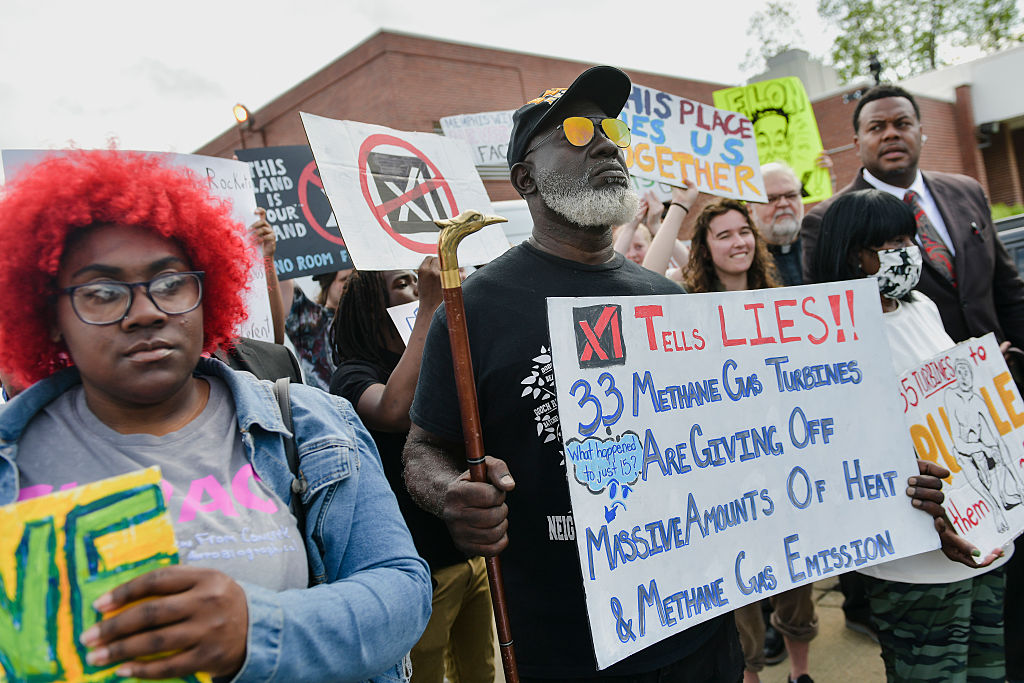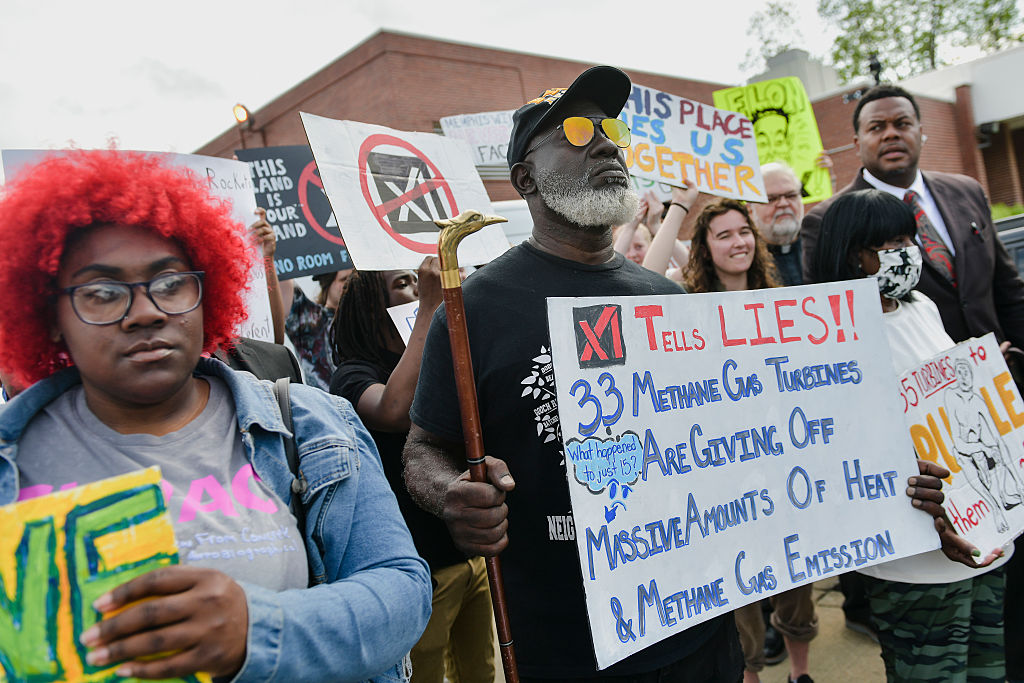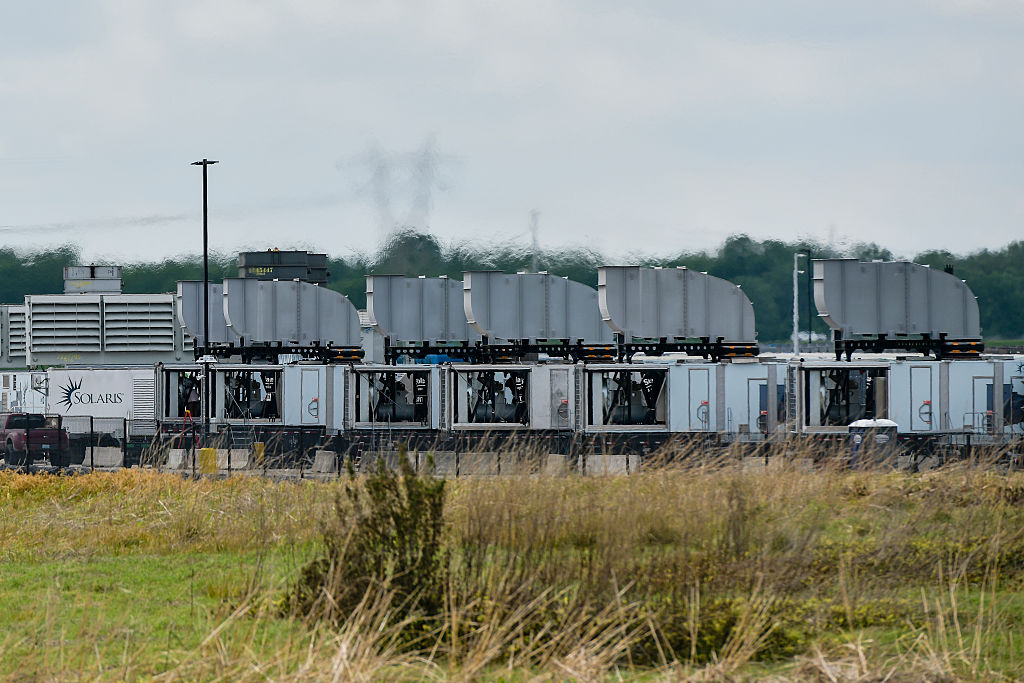We Should Care About The Harm Generative AI Is Causing


Let’s get straight to the meat of it: you can have a convenient and tech-savvy existence without generative artificial intelligence (commonly referred to as simply “AI”). If you are an adult, you already know this. You already have decades of lived experience. Over the past three years, the usefulness and necessity of AI have dominated the tech conversation. Those most invested in the messaging that this technology is an inevitability that you can’t live without have also invested hundreds of billions of dollars into — you guessed it — AI. But why should you care one way or the other?
The harms caused by AI are palpable, yet they don’t always resonate with everyday people, thanks in part to that messaging I mentioned. They know about the perceived convenience, but not so much about how it operates. The truth is, unless you find yourself on the business end of the negative effects of AI, it’s fairly easy to file it away as the muscular cousin of an “old school” Google search. But there are differences.
A typical search engine request offers you information that already exists, while a generative AI prompt combs existing information and creates something new with it. Sometimes it’s right, sometimes it’s wrong. This process uses a lot of electricity, which requires a lot of water so that the center does not overheat.
Let’s say Google and its cousin AI are visiting their grandma. Google runs in for a bottle of water and goes back out through the screen door. AI does the same thing. Then it does it again. And again. When all is said and done, AI does this approximately ten times more per visit than Google. As an added bonus, Cousin AI just might shout out incorrect nonsense like, “Giraffes don’t have ankles!” It’s unacceptable for Grams, and we shouldn’t accept it either. A small data facility, even in an area that grapples with drought conditions, goes through 26 million liters of water annually. It’s using up all our good water.
I mentioned before that in addition to water, these data centers use a massive amount of energy.
A new data center requires new infrastructure to power it. It is not uncommon for everyday people like you and me to cover the cost of this new infrastructure through utility bill increases, even if the data center is in another state. If you pay an electricity bill in West Virginia, for example, you’re doing your part in contributing $440M for data centers in Virginia. The proposed Meta data facility (“Project Hyperion”) in Richland Parish, Louisiana, is expected to use as much as 2.3 times the amount of electricity as New Orleans, a city of just under 365,000 people. Naturally, all Louisiana ratepayers will be expected to foot part of this bill through utility rate hikes.
The harmful environmental costs continue to stack up. Many of these centers also lean on building gas plants, which set back clean energy goals and release toxic fumes into the environment, making their way to residential areas. Almost 60% of data centers rely on fossil fuels. Project Hyperion is requesting three new dedicated gas plants, completely ignoring Louisiana’s clean energy goals for 2030.
Memphis, Tennessee, the home of xAI’s Grok, offers a grim picture of what lies ahead. The data center is about three miles away from Boxtown, the 90% Black neighborhood named as such because formerly enslaved people built their first homes after Emancipation out of discarded boxcar materials.
Under the current administration, the EPA has rolled back certain restrictions, which have cleared the way for Grok’s 35 gas turbines to operate near this neighborhood without any pollution controls. The EPA has decided this is not actionable since the turbines are not permanent structures. Meanwhile, the residents of Boxtown cannot escape the smell of gas. It goes without saying that asthma and COPD are running rampant in that community.
In addition to the health and environmental effects, AI is trained on stolen intellectual property. It scrapes the internet and trains its bots using copyrighted work.

Recently, Anthropic, an AI safety and research company, was in the news because of its payout in what is being considered a landmark copyright recovery battle involving AI. It will have to pay approximately $3,000 each for 500,000 books that it pirated to train its chatbot. Everything that it generates happens because it has been trained on stolen goods. Even if you aren’t a creative, your personal images and writings being scraped should incense you too. And the final product still has to be retouched and checked for errors. We are all culpable in these harms for a product that isn’t guaranteed to be worth it in the end.
AI is not a shortcut or a cost-cutting measure. Even if you have avoided paying for it, it is not free. It comes at the cost of the communities it pollutes and ravages, as well as the individuals it steals from. Just like these generative AI corporations do with utility ratepayers, you’re passing off that cost to someone else.
I understand the difficulty. The more aware we become of how our actions impact others, the more we realize how much of this system is just one marginalized group having a tool that victimizes another marginalized group.
The unfortunate truth is that most of us end up getting a turn. While the facts of AI and its use are what they are, I think that we can and should recognize that most people are acting with a level of ignorance. Even if they know of some harm, we live in a world of harms, and some of them have become necessary.
AI is simply not necessary. When surveying things that allow us to show a bit more care for each other and the big blue marble we call home, abandoning AI is among the lighter lifts. It’s not as drastic as letting go of air conditioning. (I’m a New Orleanian. I would never ask you to do that.)
In the interest of showing care, we can stand to approach people who use AI less as enemy combatants. I know that this is a frustrating fight, but we need everyone on board for this one. It wouldn’t hurt to approach those who use AI, especially individuals, with the spirit that they’re not maliciously trying to do harm. It’s also helpful, if you’re being called out for using AI, to understand that you’re not necessarily being taken to the woodshed. The correction is happening simply because this is something too big to ignore.
As someone who is about two years into ringing this bell, I am exhausted. I also have lots of people in my life whom I love deeply who can’t seem to let it go. Every conversation I have with them is led with patience, which is not my strong suit. But we need everyone on board, so I’ll speak patiently and carry my consistent stick into a fight where I am woefully outgunned.
“How outgunned,” you ask?
Just below a very informative video about Boxtown, there was an ad.
Turn ideas into images with ChatGPT.
I’m gonna need more sticks.
Melanie Dione is a wandering daughter of New Orleans who has also found community in our nation’s capital (DC) and the Paris of Appalachia (commonly known as Pittsburgh). When she isn’t advocating for environmental justice, she is writing under the strict supervision of her son, daughter, and two cats.
SEE ALSO:
Op-Ed: Why AI Can’t Replace Community-Led Care
What's Your Reaction?
 Like
0
Like
0
 Dislike
0
Dislike
0
 Love
0
Love
0
 Funny
0
Funny
0
 Angry
0
Angry
0
 Sad
0
Sad
0
 Wow
0
Wow
0































